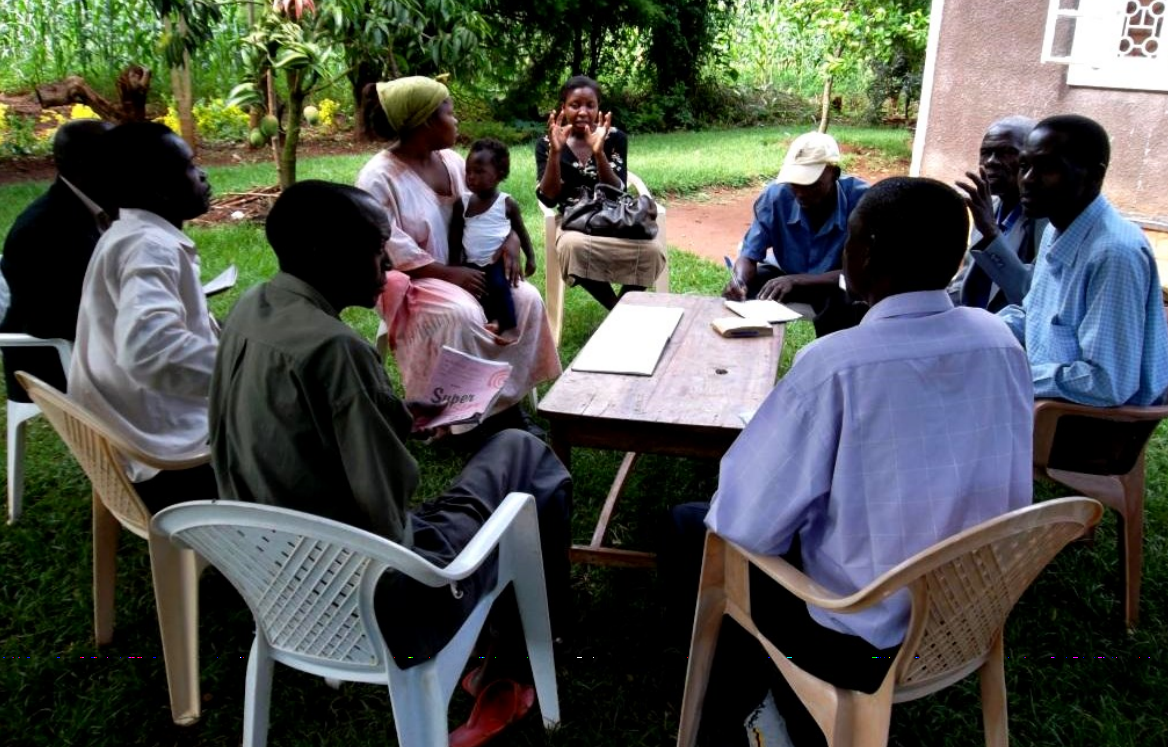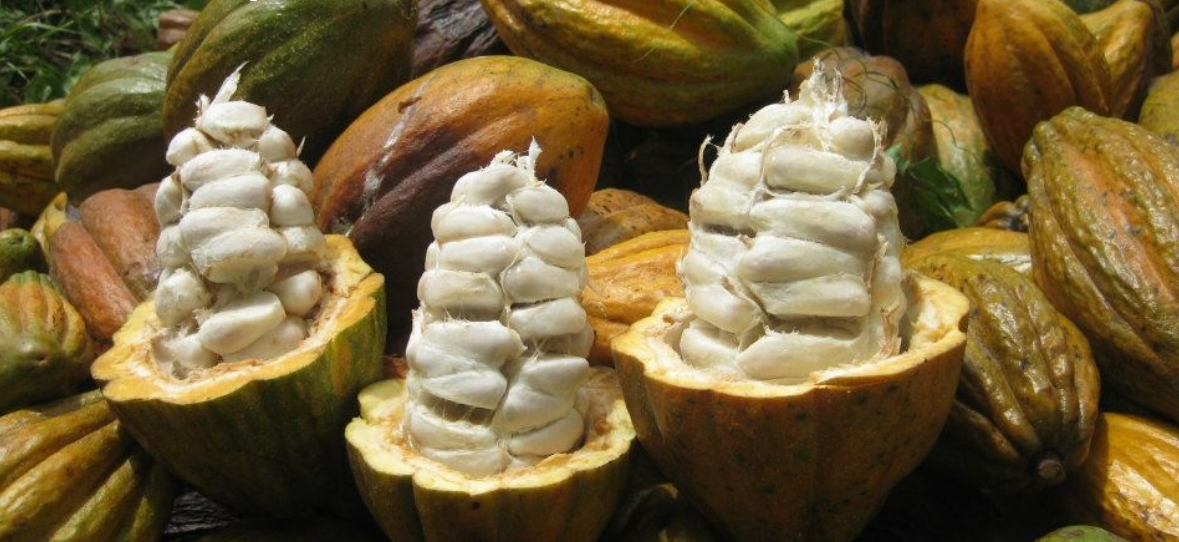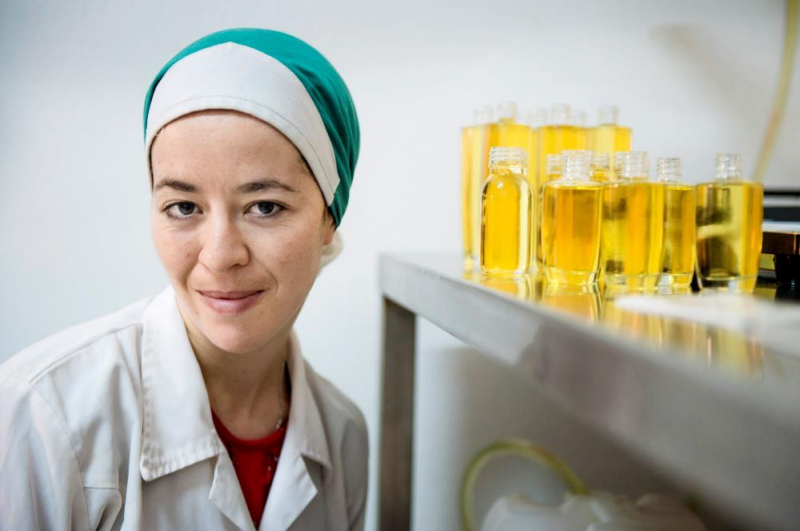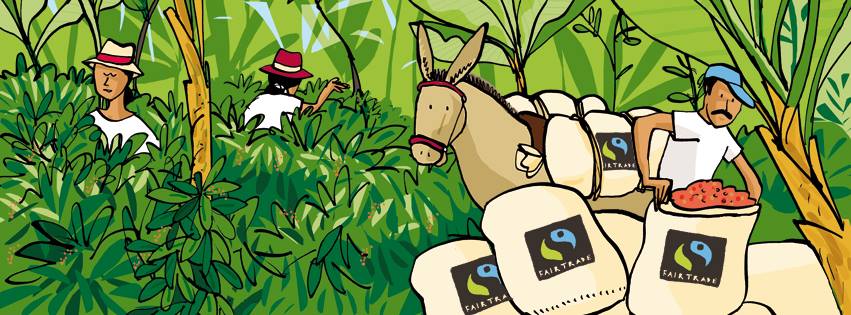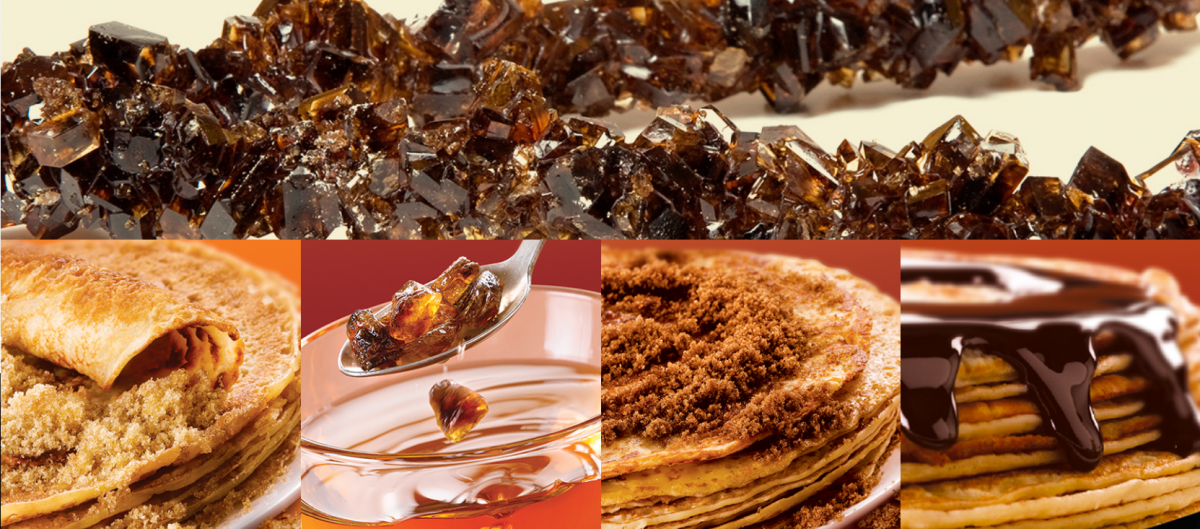You have undoubtedly noticed them on supermarket shelves in the exotic fruit section: boxes of bright orange berries crowned by green-brown, papery sepals. Where do they come from and what is the story behind these ‘lanterns’? And where can we find organic and fair trade ones? We found answers to these questions in Colombia and Peru.




